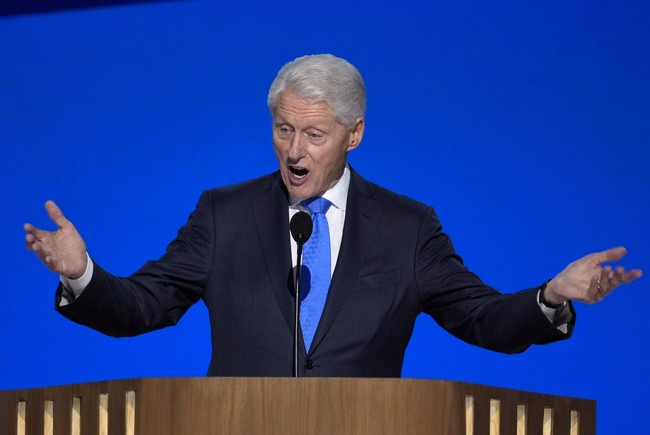UAE's New Tax Law: What It Means for Global Giants
In a historic move, the UAE is set to transform its tax landscape with the introduction of a 15% corporate tax for multinationals. What does this mean for the global business sphere?
Published December 11, 2024 - 00:12am

Image recovered from arabnews.com
The United Arab Emirates (UAE) is embarking on a significant fiscal transformation by introducing a minimum top-up tax (DMTT) of 15 percent on large multinational enterprises operating within its borders, effective from January 2025. This strategic decision aligns with the global agreement led by the Organisation for Economic Co-operation and Development (OECD), which seeks to ensure that large corporations pay at least 15 percent tax on profits wherever they operate. This measure marks a decisive step for the UAE in diversifying its economy away from oil dependency, echoing efforts to create a more sustainable fiscal framework.
The DMTT will target multinational enterprises with a consolidated global revenue of at least 750 million euros. By doing so, the UAE aims to close gaps that have allowed tax avoidance, ensuring a more equitable contribution from businesses benefiting from the UAE's favorable business environment. The UAE has traditionally been a tax haven for many global corporations, offering tax-free zones and minimal tax burdens. However, this reform reflects a broader global push towards transparency and fairness in corporate taxation.
Simultaneously, the UAE Ministry of Finance is considering several corporate tax incentives to bolster its robust business ecosystem. These include a potential refundable tax credit of 30 to 50 percent on research and development expenditures and incentives for high-value employment. These proposed measures, which would come into effect by 2026, are under legislative review and indicate the UAE's intent to attract continued foreign investment while maintaining a competitive edge globally.
The move towards imposing a standardized global minimum tax is not solely isolated to the UAE. Neighboring countries such as Bahrain and Kuwait are also on similar paths. Bahrain is set to introduce a similar tax policy, and Kuwait is already in discussions to implement a 15 percent tax rate on multinational profits by 2025. These regional changes indicate a significant shift in the Gulf's economic policies, known historically for their low-tax regimes. These initiatives align with the objectives laid out by the OECD's Two-Pillar Solution, aiming to harmonize tax policies amidst increasing globalization and digitalization.
The UAE has proactively supported OECD's plan as part of a wider commitment to establishing a transparent and fair taxation system. This transition gained momentum following the UAE's removal from the OECD's grey list, which underscores the country's compliance with increased international tax standards. The UAE government's alignment with OECD goals improves its credibility on the global stage, appealing to multinationals wary of reputational risks associated with tax avoidance strategies.
For multinational companies, these changes herald a new era of tax compliance within the UAE. Companies operating in various regions must reassess their fiscal strategies to accommodate these revisions. In anticipation of the DMTT, many corporations must closely examine their accounting practices and compliance frameworks to ensure adherence to local and international tax laws. The strategic importance of remaining compliant cannot be overstated, as countries increasingly coordinate to combat base erosion and profit shifting (BEPS) through standardized tax regulations.
The introduction of such taxes also propels discussions on economic diversification in oil-rich regions. The UAE, famously known as a global oil exporter, is strategically enhancing its focus on sectors like tourism, hospitality, and infrastructure. Tax policies become instrumental in facilitating these transformations, driving domestic growth while attracting international collaboration and investment.
As countries throughout the Middle East recalibrate their tax regimes, multinational corporations must navigate a complex web of fiscal policies. This heralds a future where global alignment on taxation reduces the chances for MNEs to exploit tax loopholes previously available in these jurisdictions. The UAE's strategic push towards a unified tax structure showcases its commitment to aligning with international economic standards while fostering an environment that balances taxation and business growth.







